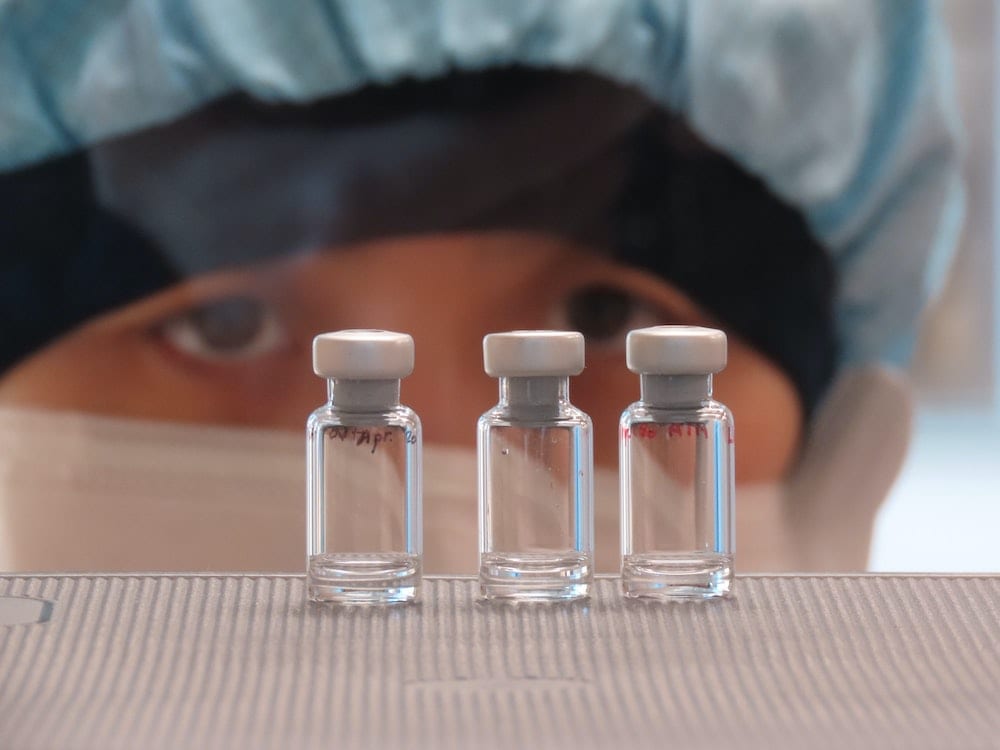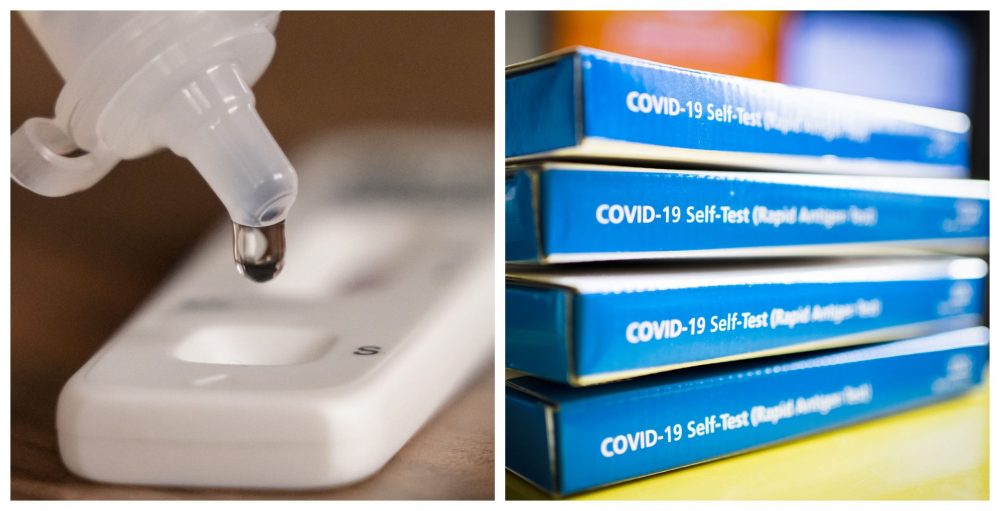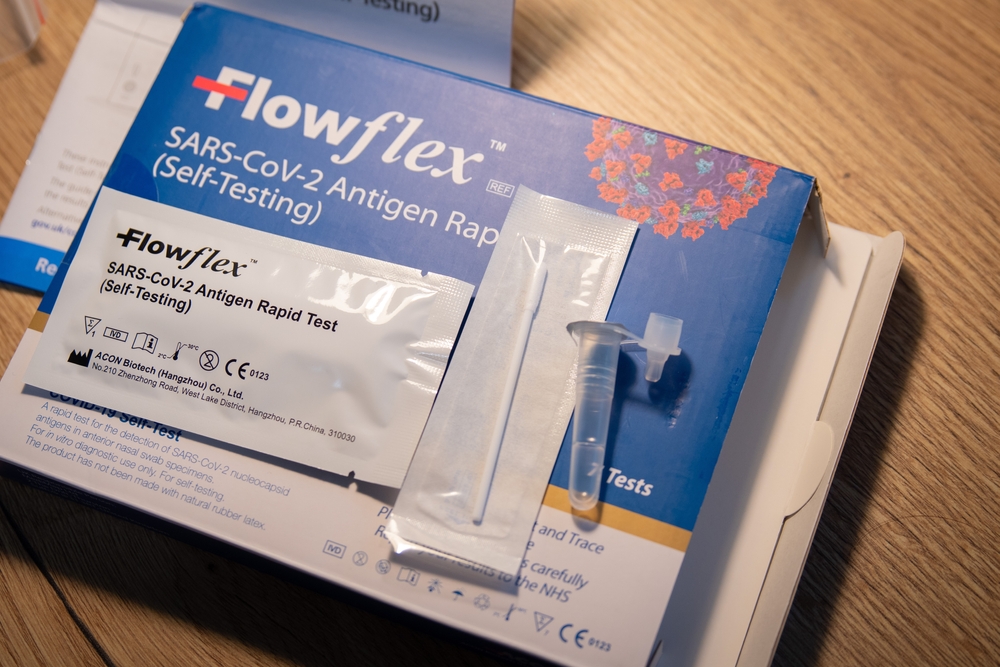
Coronavirus
Key questions about the Oxford Covid-19 vaccine and how it works
4 years ago

Clinical trials suggest the Oxford COVID-19 vaccine produces a strong immune response in older adults.
Results showing the effectiveness of the University of Oxford’s COVID-19 vaccine are expected to be released in the coming weeks.
In the meantime, phase two trial data released on Thursday suggests the jab produces a strong immune response in older adults.
How does the AstraZeneca/Oxford vaccine work?
The vaccine – called ChAdOx1 nCoV-19 – uses a harmless, weakened version of a common virus which causes a cold in chimpanzees.
Researchers have already used this technology to produce vaccines against a number of pathogens including flu, Zika and Middle East respiratory syndrome (Mers).
The virus is genetically modified so it is impossible for it to grow in humans.
Scientists have transferred the genetic instructions for coronavirus’s specific “spike protein” – which it needs to invade cells – to the vaccine.
When the vaccine enters cells inside the body, it uses this genetic code to produce the surface spike protein of the coronavirus.
This induces an immune response, priming the immune system to attack coronavirus if it infects the body.
ICYMI here's what happened when @LIDSdelivery teamed up with @KnowsleyKitchen during half-term. pic.twitter.com/uXwKMooJGP
— The Guide Liverpool (@TheGuideLpool) November 18, 2020
Does it differ to Pfizer and Moderna’s vaccines?
Yes. The jabs from Pfizer and Moderna are messenger RNA (mRNA) vaccines.
Conventional vaccines are produced using weakened forms of the virus, but mRNAs use only the virus’s genetic code.
An mRNA vaccine is injected into the body where it enters cells and tells them to create antigens.
These antigens are recognised by the immune system and prepare it to fight coronavirus.
No virus is needed to create an mRNA vaccine. This means the rate at which the vaccine can be produced is accelerated.

What about antibodies and T-cells?
The Pfizer, AstraZeneca and Moderna vaccines have been shown to provoke both an antibody and T-cell response.
Antibodies are proteins that bind to the body’s foreign invaders and tell the immune system it needs to take action.
T-cells are a type of white blood cell which hunt down infected cells in the body and destroy them.
Nearly all effective vaccines induce both responses.
The Oxford vaccine induces robust antibody and T-cell responses across people of all ages, the data indicates.
Can the Oxford vaccine be manufactured to scale?
Yes. The UK Government has secured 100 million doses as part of its contract, enough for most of the population.
The head of the UK Vaccine Taskforce, Kate Bingham, has said she is confident it can be produced at scale.
Experts hope the jab could be ready to go and rolled out shortly.
Can this vaccine help the elderly?
There have been concerns that a Covid-19 vaccine will not work as well on elderly people, much like the annual flu jab.
However, data from the Oxford-AstraZeneca trial suggests there have been “similar” immune responses among younger and older adults.
The results show that the vaccine is better tolerated in older people compared with younger adults, and produces a similar immune response in old and young adults.









 Subscribe
Subscribe Follow Us
Follow Us Follow Us
Follow Us Follow Us
Follow Us Follow Us
Follow Us Follow Us
Follow Us











